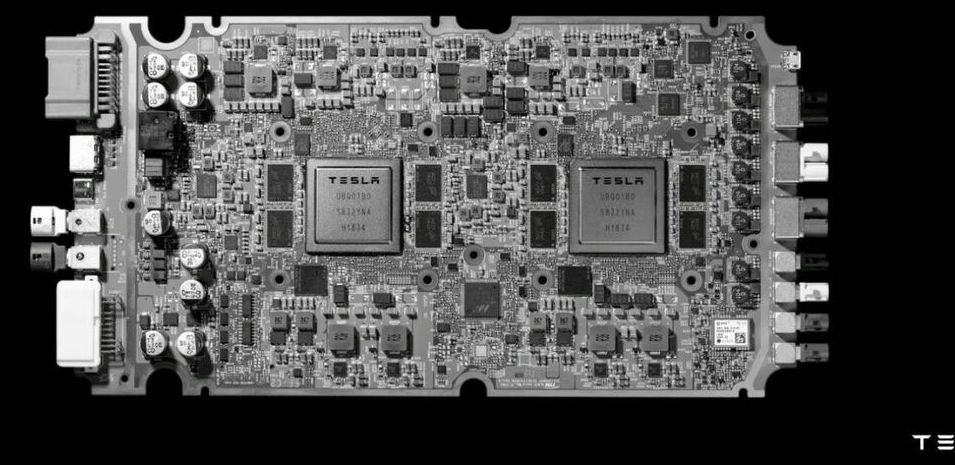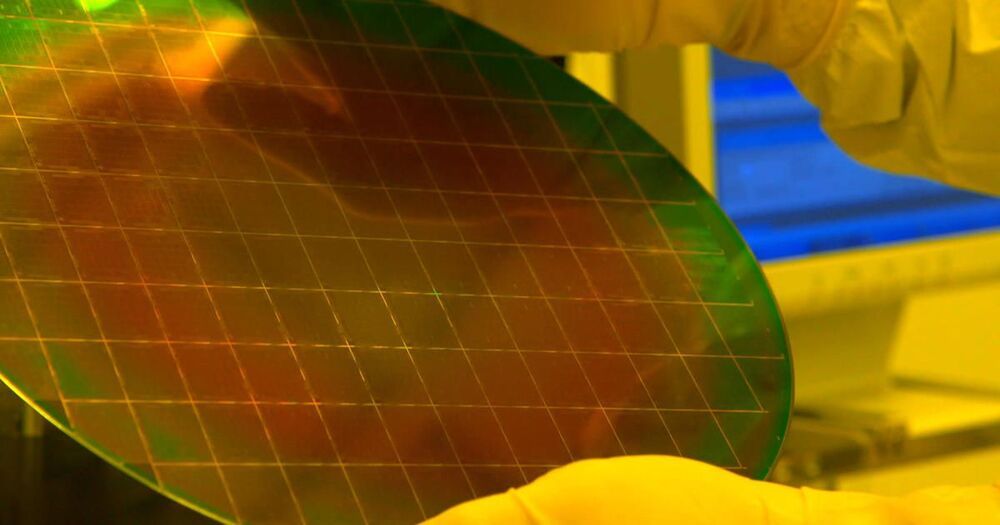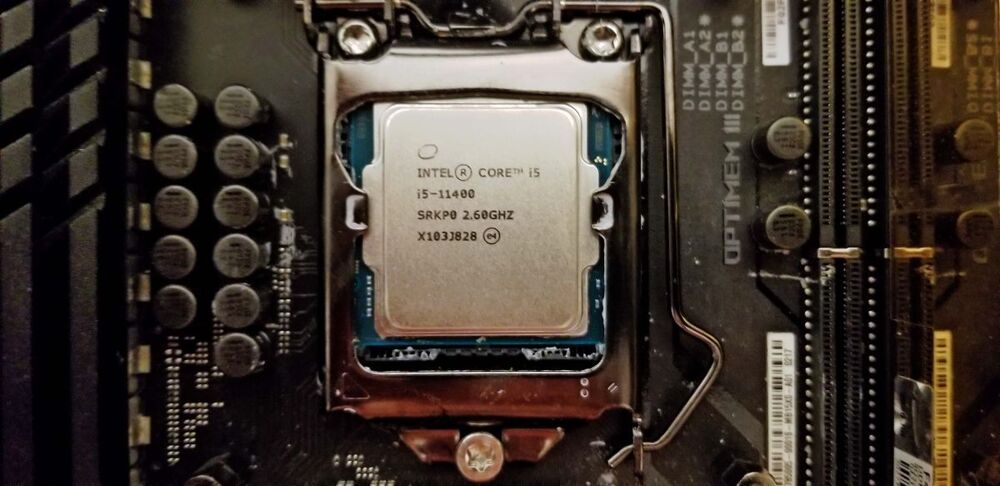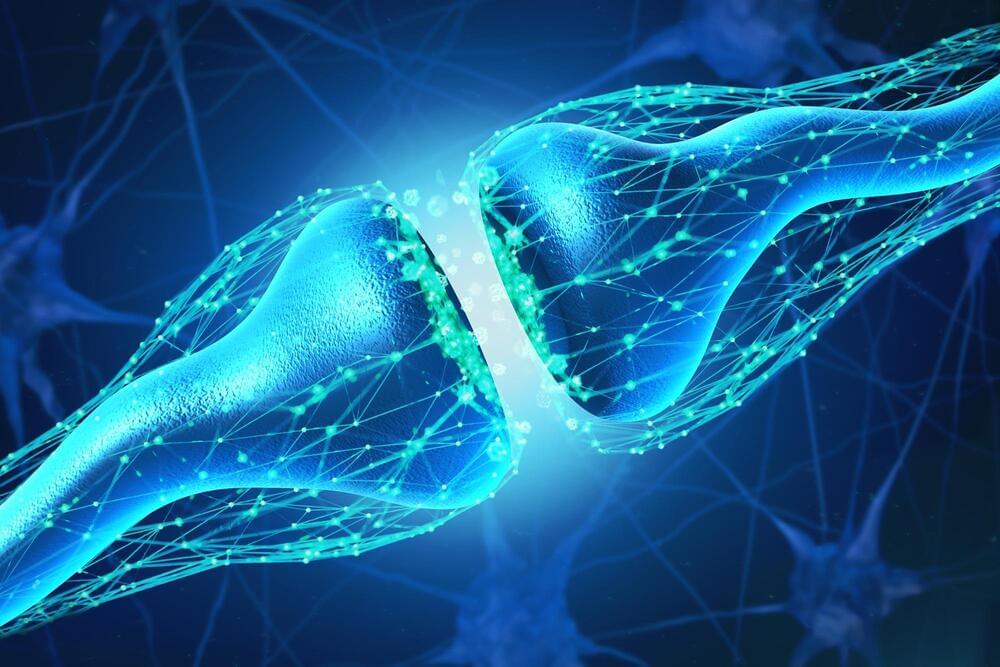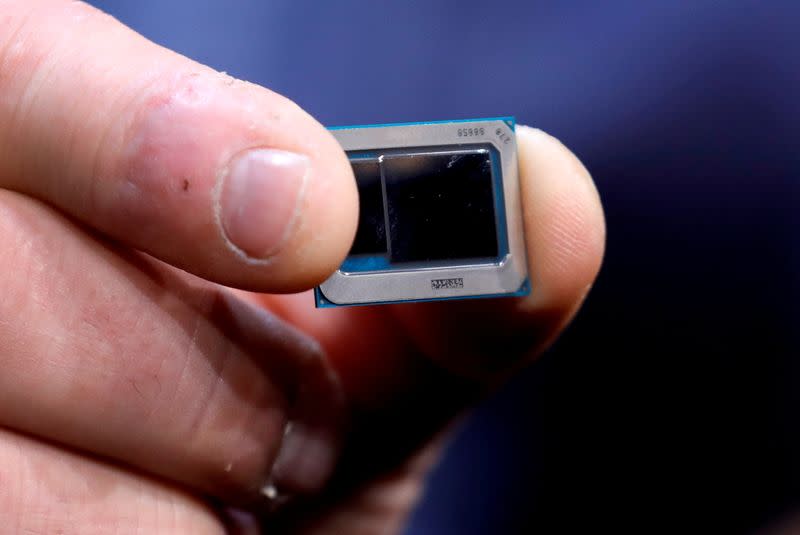Tesla explained how it pivoted to avoid the global microchip shortage that Intel now says could last for several more years.
The pandemic has resulted in an increase in demand for many electronics and computers that the supply chain couldn’t handle, especially the semiconductor industry.
This microchip shortage, in turn, affected the automotive industry, which has increasingly become a big consumer of microchips.
